Woodcock Johnson Test of Achievement and Cognitive Abilities: Sample – PDF – WJ IV
Woodcock Johnson Test of Achievement and Cognitive Abilities – Sample Questions.
It is worth it for your child to study on the Woodcock Johnson test before taking the test.Please note, the Woodcock-Johnson test consists of two separate tests, the Woodcock-Johnson Test of Achievements, and the Woodcock-Johnson Cognitive Abilities Test. Both tests include a number of subtests, as listed on this page,
If you are interested in viewing some sample questions from the Woodcock Johnson Test of Achievement and the Woodcock Johnson Cognitive Abilities, then have a look at the video below. Start at the 3 Minute and 45 Seconds mark for the sample questions:
Quizlet.com also has 20 the Woodcock-Johnson iv test batteries available as flashcards.
The Woodcock-Johnson IV Achievement Test.
Here are the sub-tests of the Woodcock-Johnson IV Achievement Test along with a brief description of each:
- Letter-Word Identification: Measures the ability to recognize and identify letters and words.
- Applied Problems: Assesses mathematical reasoning and problem-solving skills.
- Spelling: Tests spelling proficiency.
- Passage Comprehension: Evaluates reading comprehension and understanding of written text.
- Calculation: Measures the ability to perform mathematical calculations.
- Writing Samples: Assesses writing quality and composition skills.
- Word Attack: Evaluates the ability to read unfamiliar words using phonetic skills.
- Oral Reading: Tests fluency and accuracy in reading sentences aloud.
- Sentence Reading Fluency: Measures the ability to quickly read and comprehend sentences.
- Mathematics Facts Fluency: Assesses fluency in recalling basic math facts.
- Writing Fluency: Evaluates the ability to quickly write meaningful sentences.
- Reading Recall: Measures the ability to recall details from a passage.
- Number Matrices: Tests quantitative reasoning and problem-solving using numbers.
- Editing: Assesses the ability to identify and correct errors in written text.
- Spelling of Sounds: Measures the ability to spell unfamiliar words based on sounds.
- Reading Vocabulary: Tests vocabulary knowledge through antonyms, synonyms, and analogies.
- Quantitative Concepts: Evaluates understanding of math concepts like numbers and operations.
These sub-tests help assess a range of cognitive and academic abilities, providing detailed insight into strengths and areas for improvement in educational performance.
The Woodcock-Johnson IV Test of Cognitive Abilities.
Here are the subtests of the Woodcock-Johnson IV Test of Cognitive Abilities with descriptions of each:
- Verbal Comprehension: Assesses understanding and knowledge of language and words.
- General Information: Measures acquired knowledge across various topics.
- Number Series: Evaluates quantitative reasoning and pattern recognition.
- Concept Formation: Tests inductive reasoning and problem-solving skills.
- Visual-Auditory Learning: Measures the ability to learn and retain associations between visual and auditory stimuli.
- Visual-Auditory Learning Delayed: Assesses delayed recall of learned associations.
- Numbers Reversed: Tests working memory by recalling numbers in reverse order.
- Auditory Attention: Measures sustained attention and ability to filter out distractions.
- Analysis-Synthesis: Assesses deductive reasoning skills.
- Nonword Repetition: Tests phonological processing by repeating nonsense words.
- Picture Vocabulary: Measures expressive vocabulary and language development.
- Oral Vocabulary: Assesses language proficiency through synonym and antonym production.
- Memory for Words: Tests short-term memory by recalling a list of words.
- Rapid Picture Naming: Measures processing speed by naming familiar objects quickly.
- Sentence Repetition: Tests verbal short-term memory and syntactic knowledge.
- Visual Matching: Assesses processing speed by matching symbols quickly.
- Pair Cancellation: Measures processing speed and attention by canceling specific visual patterns.
These subtests cover a broad range of cognitive abilities, helping educators and clinicians evaluate a person’s strengths and weaknesses across multiple areas.
Example of questions form the Woodcock Johnson IV test:
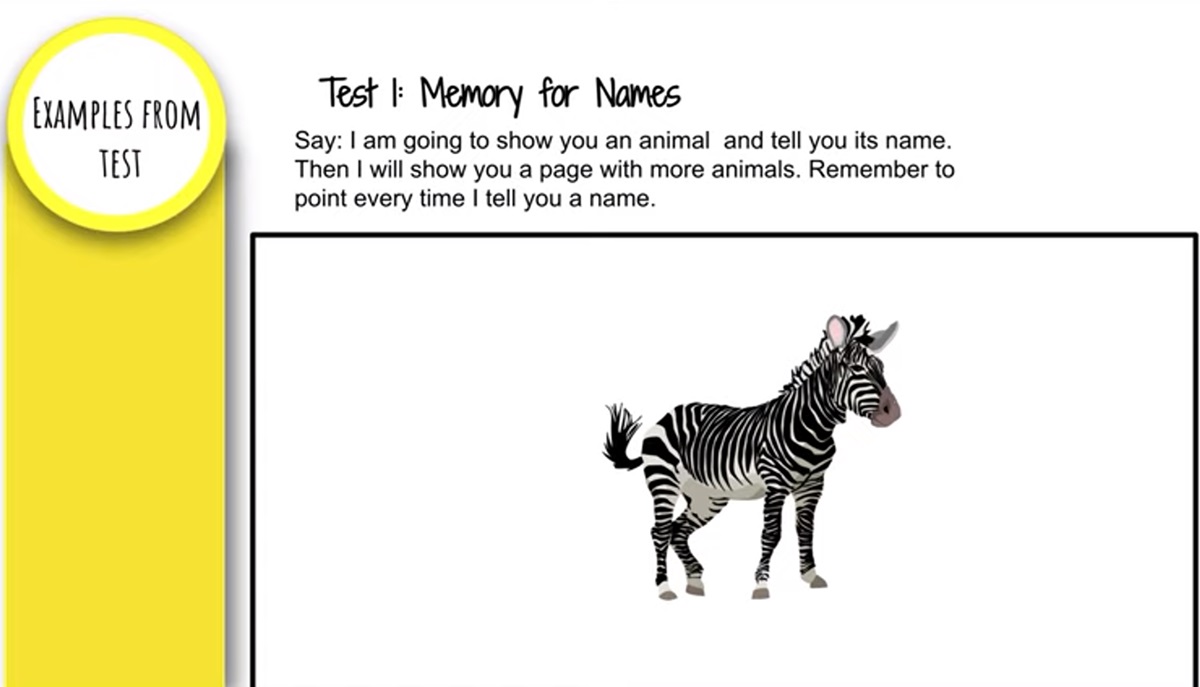
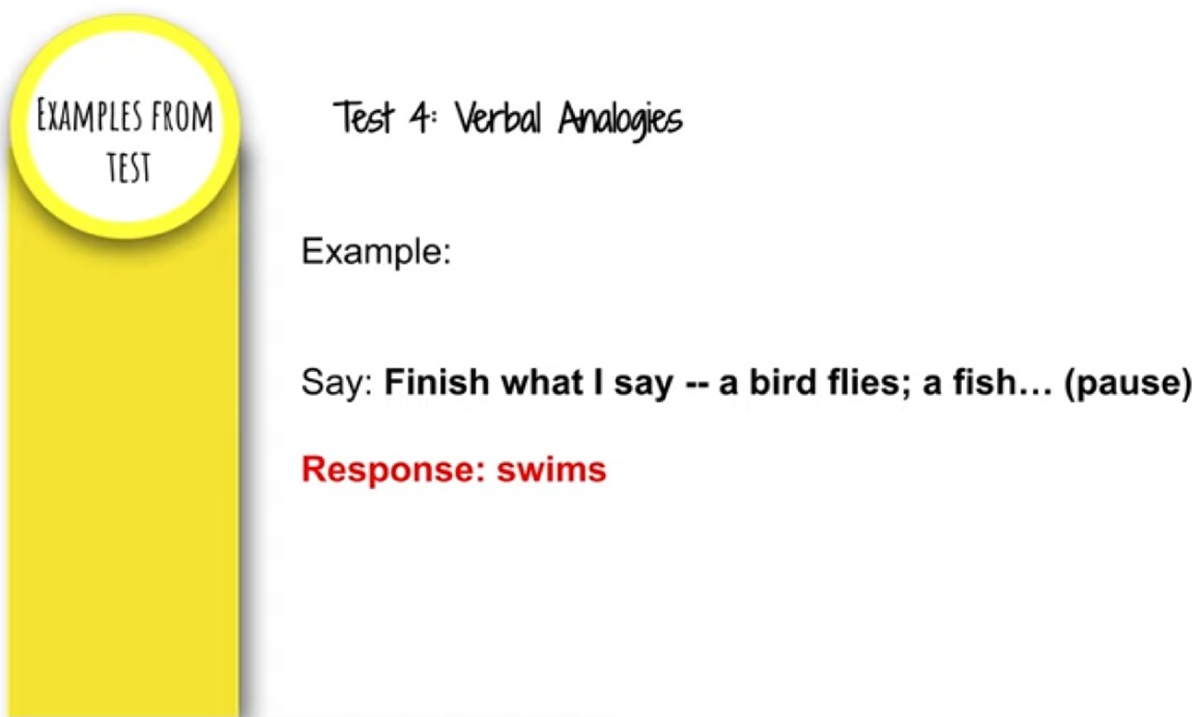
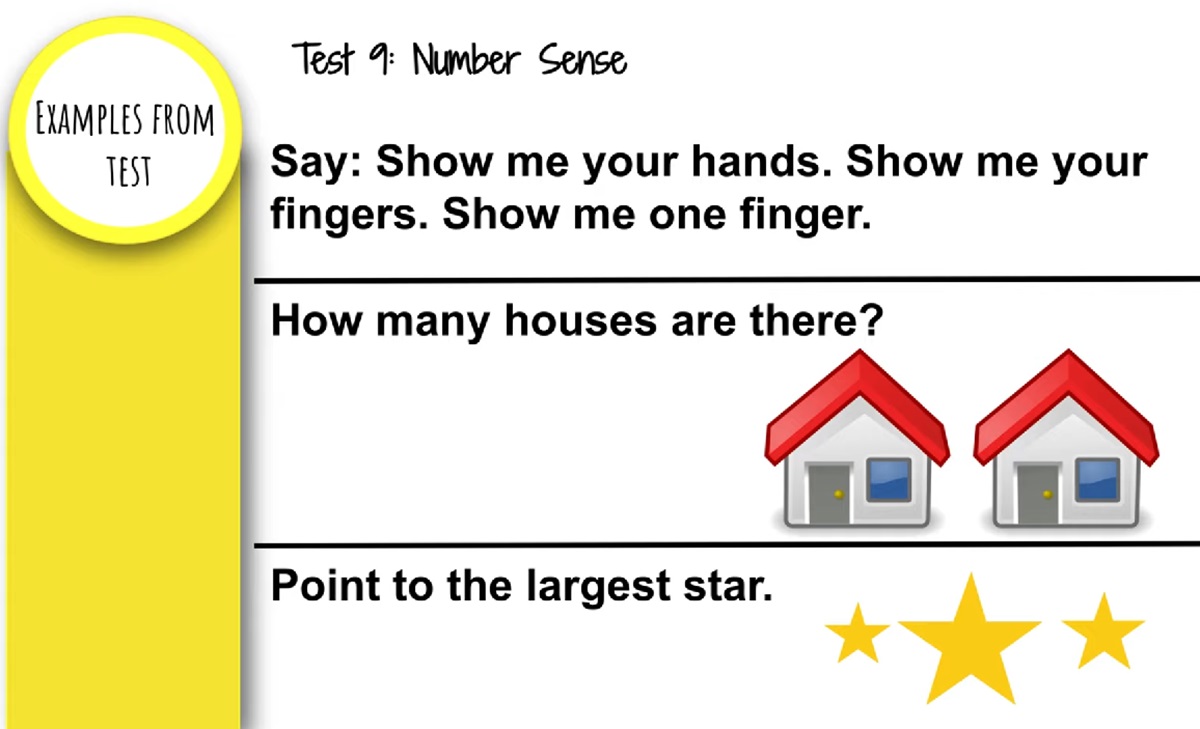
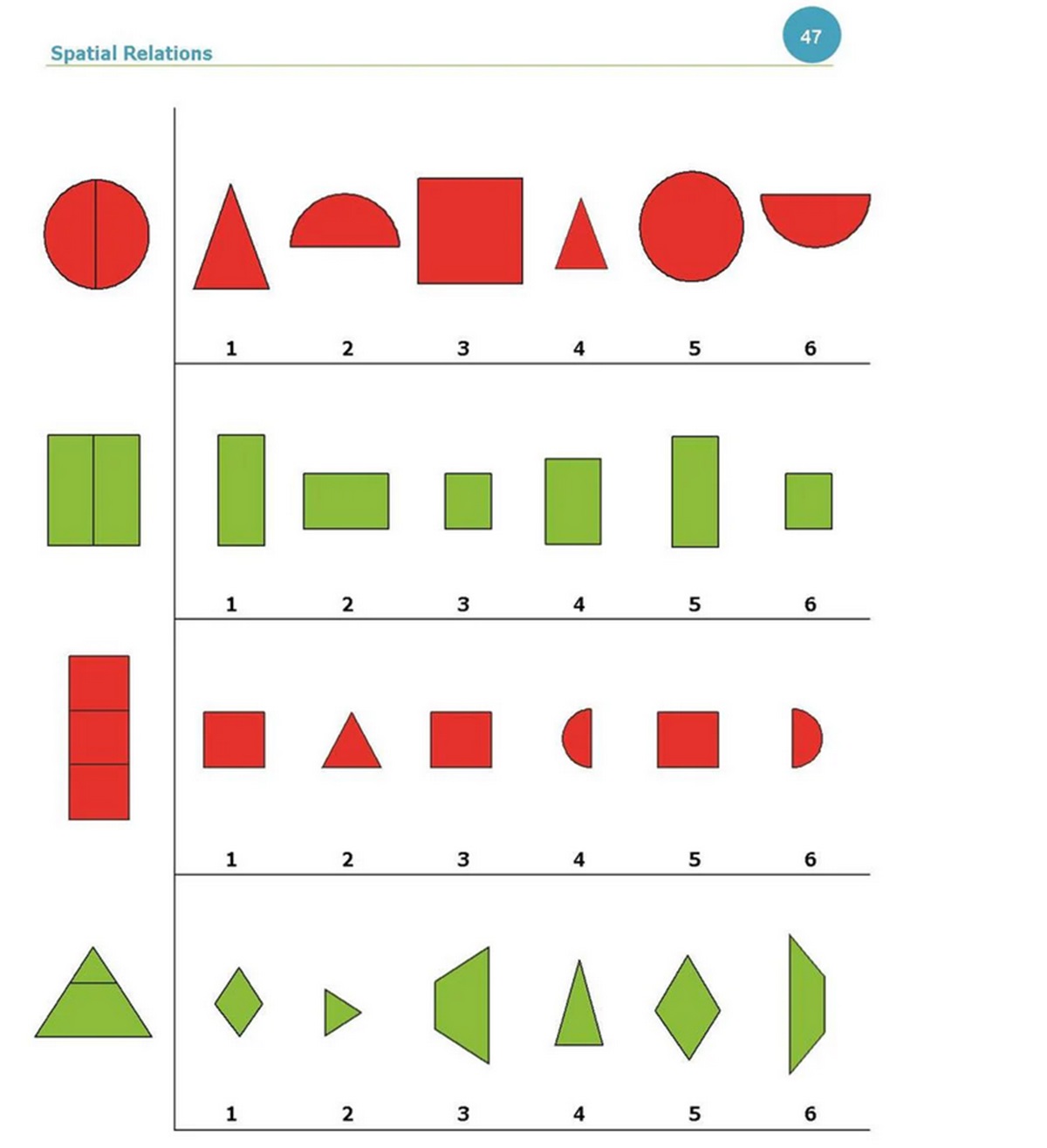

Woodcock Johnson Test of Cognitive Abilities – Sample Questions – PDF.
You can example of questions from Woodcock Johnson Test of Cognitive Abilities III in the PDF below. Bear in mind that these questions are from the III test, no the WJ IV test:
Woodcock Johnson Test of Achievement – Sample Questions – PDF.
You can find examples of the questions from Woodcock Johnson Test of Achievement IV in the PDF below, 12 questions:
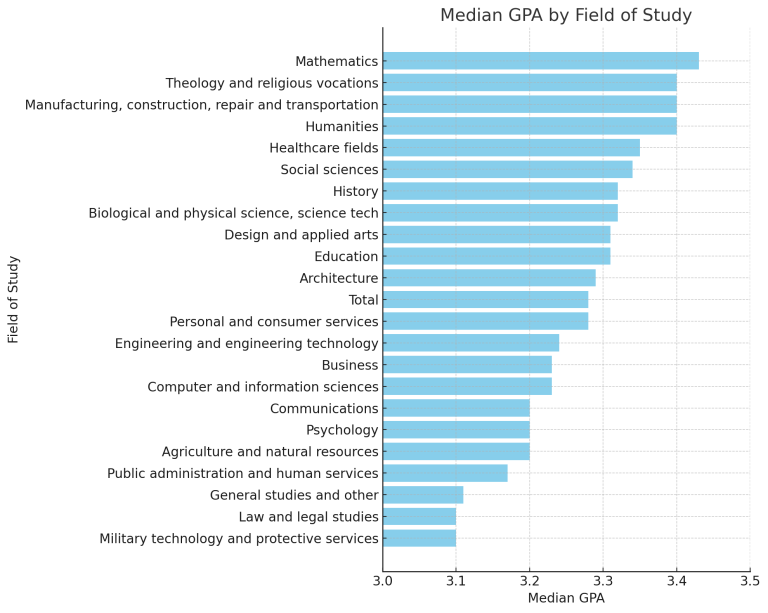
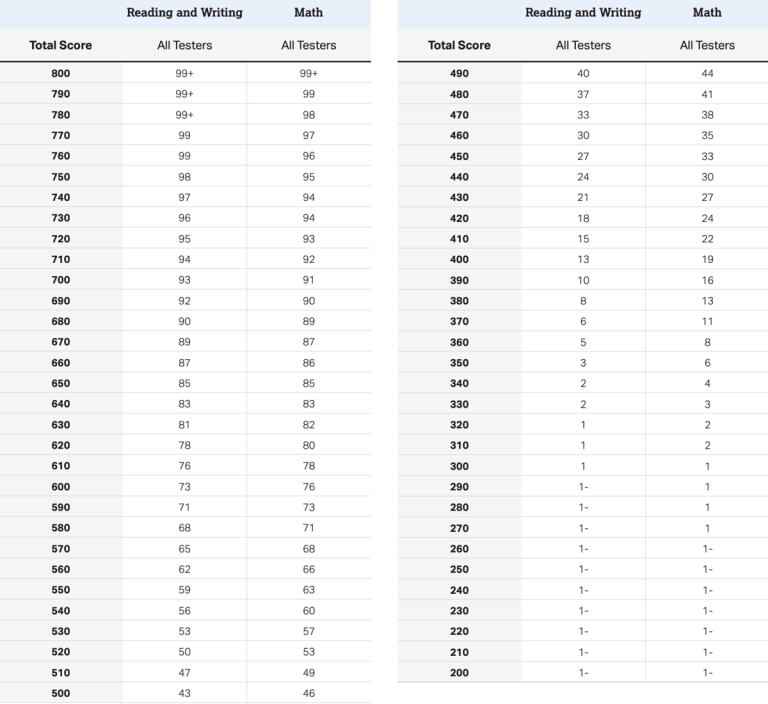
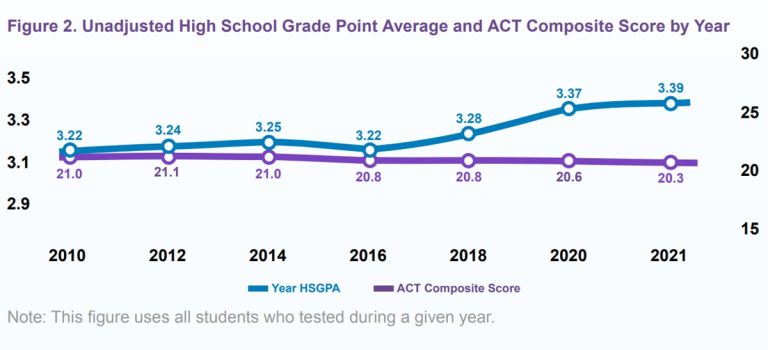
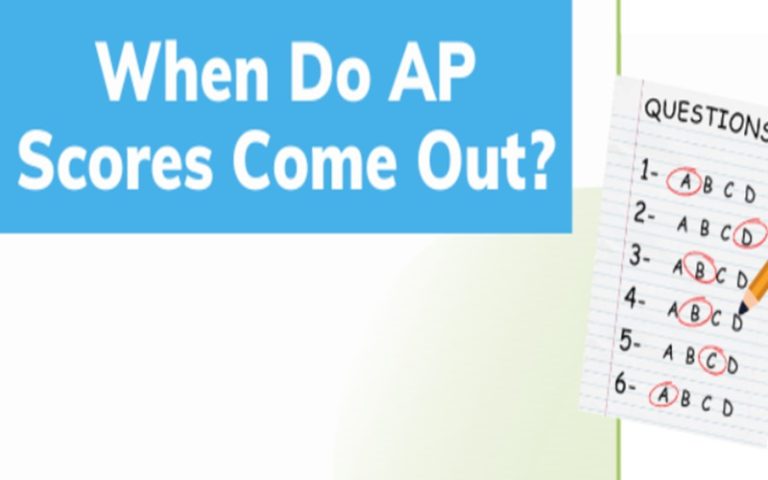
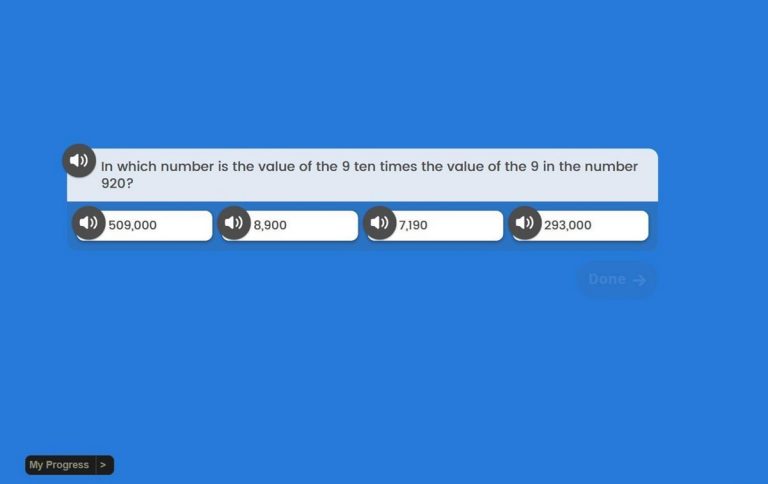
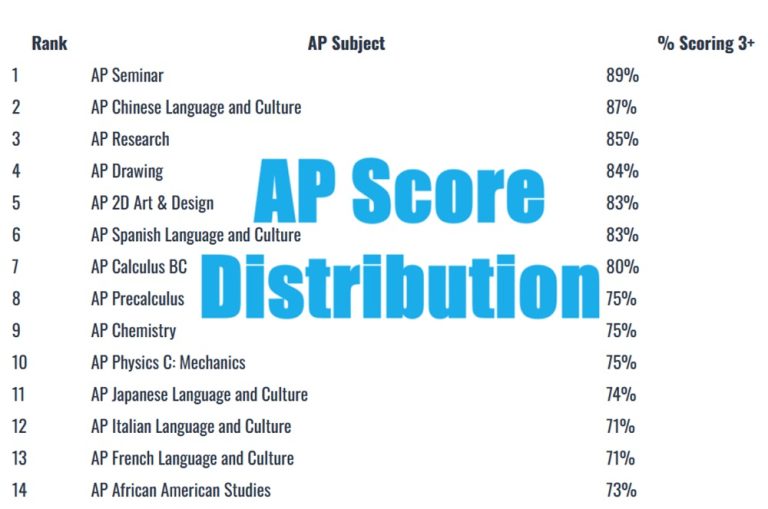
hey i-ready, was reading the part about the woodcock-johnson IV cognitive abilities test and like, do you think it’s a good way to measure how smart someone really is? asking cause schools seem to love these tests.
i reckon these tests don’t show creativity at all, so it’s not a full pic of someone’s intelligence.
actually, cognitive tests are designed to measure potential, not just knowledge. they’ve got a point but aren’t the whole story.
I found the section on the Woodcock-Johnson IV Achievement Test fascinating. It seems like a comprehensive tool for educational assessments.
love seeing tools that help teachers understand kids better! good stuff i-ready 🙂
oh great, another test to tell us we’re not as smart as we think. just what we needed, right?
so if someone does bad on the woodcock johnson test thingy, does it mean they’re not smart or what? kinda confused how this works.
It’s more complex than that. Performance on tests like these can be influenced by many factors, not just intelligence.